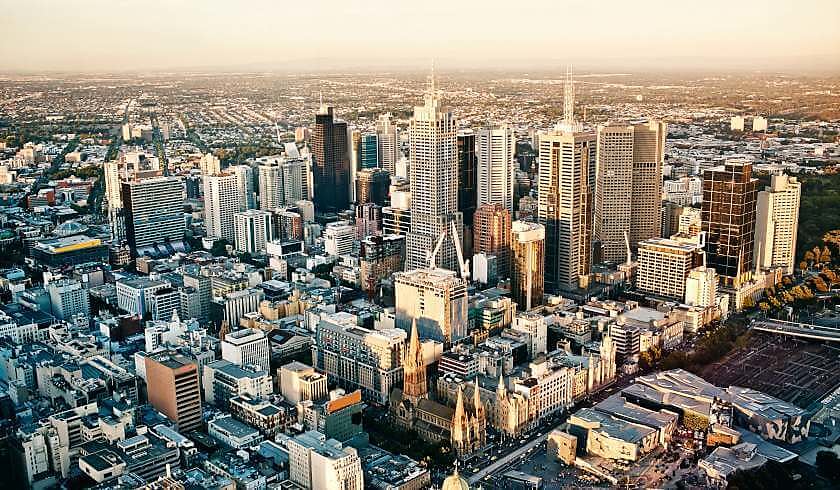To invest or not: Why now is not the right time to return to the Melbourne market
While some investors are seeing a rebound in the Victorian market, two Melbourne buyer advocates warn interstate investors that now is not the right time to return to the state.

In a recent episode of The Smart Property Investment Show, Victorian buyer advocates Tabitha Robb and Sam Davenport from Prop Culture discussed the dichotomy between owner-occupiers and investors in the Melbourne property market.
While the recent interest rate cut may have boosted investors’ confidence, Robb and Davenport are cautious about predicting a surge of investor activity in the Victorian market.
Robb said Victoria is currently experiencing two distinct property markets, the investor market and the owner-occupied market, with the latest being prevalent.
“I think the rate cut will certainly encourage more owner-occupiers to jump into the market, but I’m not sure it would be investors despite hearing that Victoria will be the next market to boom.”
“I think what people don’t realise, especially interstate investors, is that our market is very different regarding the regulations for landlords and the additional costs added to hold that property,” Robb said.
Last year, the Victorian government lowered the land tax threshold for investment properties from $300,000 to $50,000 as part of the COVID debt levy.
The change increased annual costs for investors by $1,175 on a $500,000 unimproved land value.
Davenport said the land tax has pushed many investors with multiple properties to sell and exit the state.
“The land tax was just that last little clincher that pushed probably a lot of people who were already thinking about exiting the Victorian market, including a lot of Boomer investors who had bought multiple properties in Victoria,” Davenport said.
While the land tax has deterred investors from entering the Victorian market again, Robb said the stringent laws are further impacting investors.
She said that strict regulations for landlords in Victoria, including tenant-favouring laws, lengthy eviction processes, and high compliance requirements such as gas and electrical safety checks, make the market less appealing to investors.
“I think people will need to be far more careful of what they buy, where they buy it, how it’s presented, what tenants they’re attracting.”
“In my opinion, the smart investors will still stay in different states,” Robb said.
For those who still want to return to the Victorian market, Davenport said that Melbourne remains a fast-growing market, which could bring capital growth to investors.
“I think the western corridor of Melbourne is going to really pick up, as well as the bay between Brighton and Portsea.”
“But what will matter the most is what property type you choose – for an apartment, you need a car space and natural light; for a house, an outdoor area is a must,” Davenport concluded.
Listen to the full conversation here.
